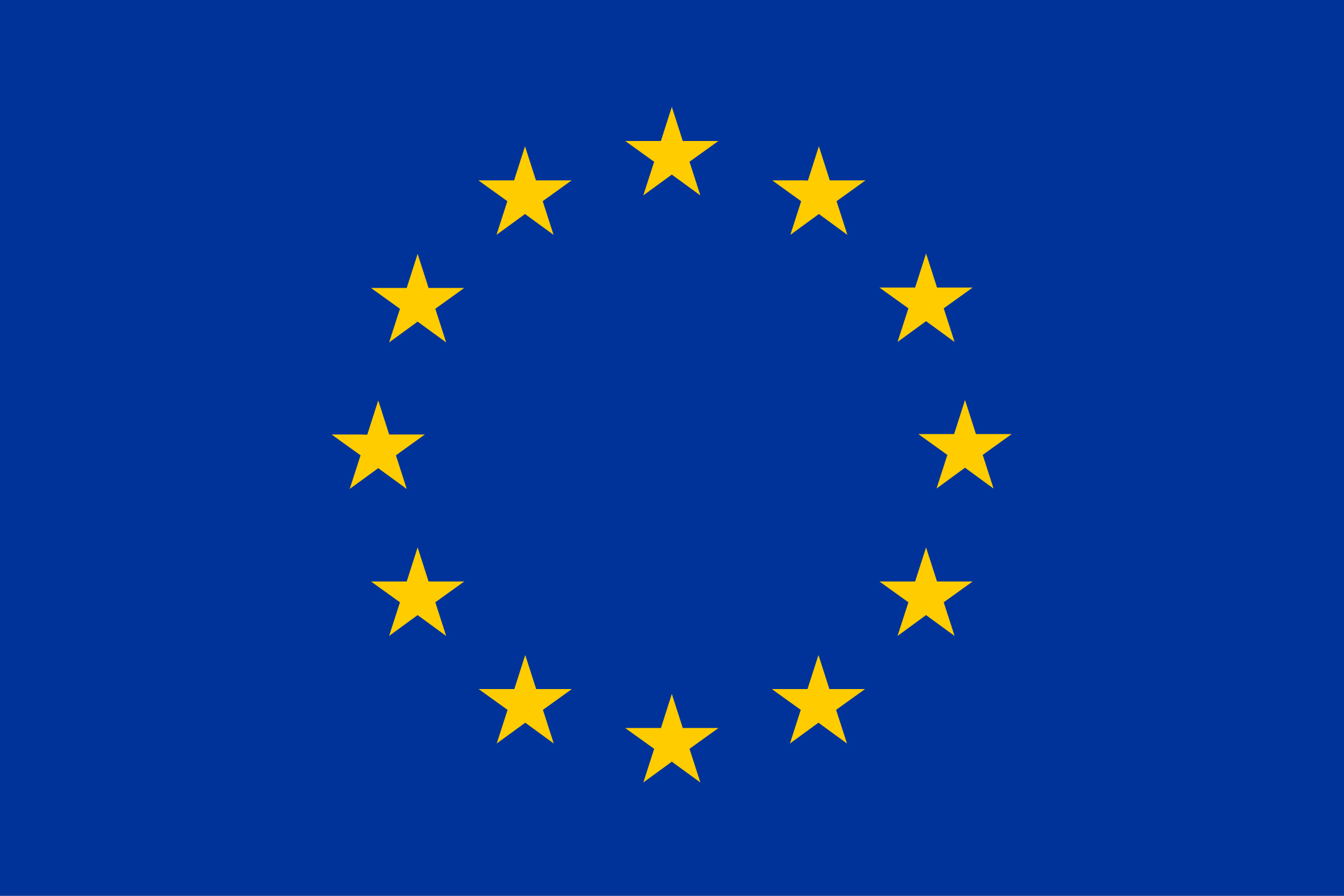In June 2018 we have built a little core group of four Nunataryuk researchers and started to write the shiptime proposal. We needed more scientific expertise and famous scientists to get the proposal together. After we had received the funding decision even more experts were needed to plan the cruise in detail. But this is not it. In the end you need people who have time and who are willing to spend several weeks on an icebreaker in the Arctic, away from family, friends and office duties. Here we are. Most of the following faces are onboard, though not all. While we steam on the CCGS Amundsen there are many more people involved that provide support from remote. We will come to that at a later stage to tell you stories about the heroes in the background. Here comes the team in the spotlight.
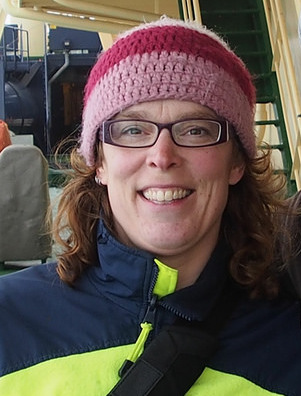 Jorien Vonk. (
Jorien Vonk. (
Jorien Vonk leads the PeCaBeau project. She is Associate Professor at the Vrije Universiteit Amsterdam (VUA) and is an expert in aquatic biogeochemistry in Arctic (freshwater and coastal) systems. Jorien uses biogeochemical techniques to study land-to-ocean transfer, degradation and fate of permafrost organic matter. Unfortunately, she cannot join the cruise but she will work on water column analyses and sediment samples after the cruise. Jorien is part of the Nunataryuk Executive Committee and leads the Work Package 2 “Coastal Permafrost”.
 Lisa Bröder (
Lisa Bröder (
Lisa Bröder will lead our team during the cruise and is a researcher at the ETH in Zurich and the Vrije Universiteit Amsterdam. She investigates the fate of organic matter released from permafrost soils to the aquatic environment. She has participated in several expeditions to the Canadian Beaufort, Northeast Siberia and Greenland. She will analyze organic matter properties in the water column and surface sediments to assess its origin, transport patterns and degradative status. Lisa is strongly affiliated to Nuntaryuk Work Package 2 “Coastal Permafrost”.
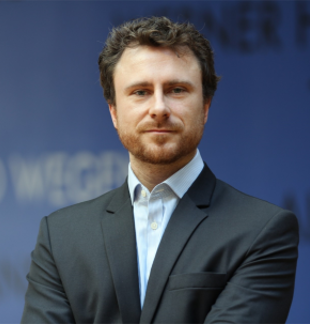 Michael Fritz (
Michael Fritz (
Michael Fritz is a senior researcher for coastal permafrost hydrochemistry at the Alfred Wegener Institute in Potsdam, Germany. He has been working along the Canadian Beaufort Sea coast for more than 10 years with a focus on permafrost land-ocean interactions. He has led or participated in expeditions to the Arctic and Antarctic and become an expert in coring of permafrost, lake sediments and marine sediments. He will characterize the fate of organic matter using sediment core material and he will work on bridging terrestrial and marine biogeochemistry. Michael is part of the project coordination team of Nunataryuk and conducts research in Work Package 2 “Coastal Permafrost”.
 Paul Overduin (
Paul Overduin (
Paul Overduin from the Alfred Wegener Institute in Potsdam, Germany, has been working in polar regions for over 25 years, with a specialization in subsea permafrost. He combines geophysical and modelling approaches to study effects on marine transgression on permafrost. Paul was one of the core team who wrote the project proposal. Although not an embarking participant, he will be responsible for sediment pore water analyses, permafrost modelling and geophysical analysis after our return. Paul is part of the project coordination team of Nunataryuk and co-leads Work Package 3 “Submarine Permafrost”.
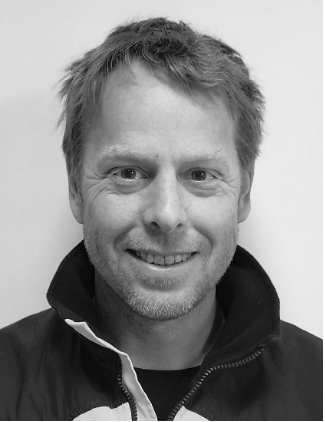 Matt O'Regan (
Matt O'Regan (
Matt O’Regan from Stockholm University in Sweden is a marine geologist with 15 years’ experience in studying the Quaternary glacial history of the Arctic Ocean using marine sedimentary records and geophysical data. He will be involved with shipboard coring, core logging and sampling. His research focus is on analyzing the sedimentary stratigraphy and developing a chronological framework needed to underpin studies on the deglacial and Holocene paleoceanography and long-term carbon dynamics along the Beaufort Sea shelf.
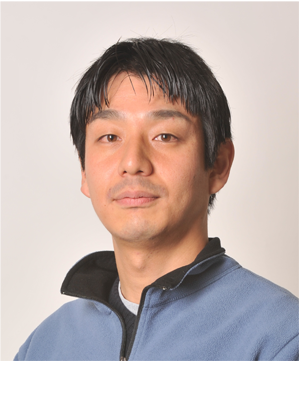 Atsushi Matsuoka (
Atsushi Matsuoka (
Atsushi Matsuoka is a satellite oceanographer at the Study of Earth, Oceans, and Space (EOS), University of New Hampshire (UNH, USA). His expertise covers aquatic bio-optics, remote sensing, and radiative transfer. His research activities extend from examining intricate in situ relationships between optical properties and microbes/phytoplankton to monitor much broader scale global climate change from space. For the PeCaBeau cruise, his main goal is to obtain high quality data as a baseline of hyperspectral water reflectance that can be retrieved from future satellite missions. This will be achieved by measuring in-water and above-water upwelling radiance and downwelling irradiance using his hyperspectral radiometers during the cruise. Atsushi is strongly affiliated to Nuntaryuk Work Package 4 “Coastal Waters”.
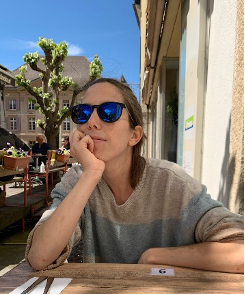 Julie Lattaud (
Julie Lattaud (
Julie Lattaud is a postdoctoral researcher at ETH Zurich, she specializes in (paleo)environmental reconstructions using lipid biomarkers and their isotopes. She looks at both lacustrine and marine environments and can answer the question: how warm was the water? During the PeCaBeau cruise her aim is to study (past) variation in methane-biomarkers and link them to environmental changes. In addition she will look at the modern water column in an attempt to “calibrate” her biomarkers against DNA sequencing of microbes involved in the methane cycle.
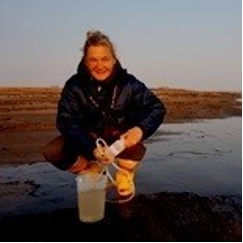 Antje Eulenburg (
Antje Eulenburg (
Antje Eulenburg is a technician at the Alfred Wegener Institute (AWI) in Germany. She has more than 35 years of experience in inorganic and organic hydrochemical analyses and laboratory management. Moreover, she brings extensive experience from ship- and land-based expeditions in the Arctic and Antarctic, which included sampling and hydrochemical preparations and analyses under harsh environmental conditions, all while ensuring high-quality analytical results.
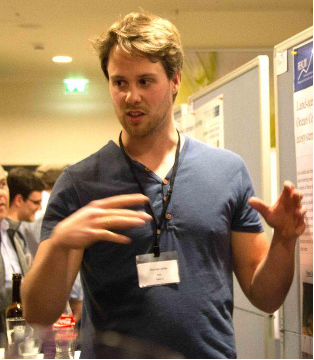 Bennet Juhls (
Bennet Juhls (
Bennet Juhls is a European Space Agency (ESA) Climate Change Initiative (CCI) Research Fellow working at the Alfred Wegener Institute (AWI) in Germany. He focuses on organic matter runoff from the Arctic land-mass land to the Arctic ocean, how it is changing as permafrost warms and how it is transformed on its way from source to the marine ecosystem. With many ship, land and airborne expeditions to the Arctic Ocean, he is an expert at interpreting the color of the ocean and how it relates to spaceborne remote sensing. He also co-leads a project monitoring fluvial fluxes of the Lena River.
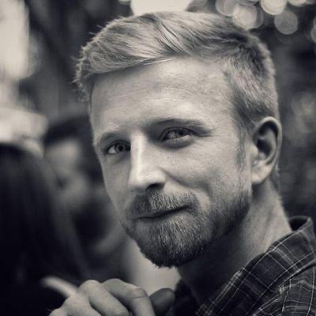 Taylor Priest (
Taylor Priest (
Taylor Priest is a PhD student at the Max Planck Institute for Marine Microbiology in Bremen, Germany, who studies microbial communities in the Arctic and Arctic-Atlantic interface regions. More specifically, he investigates the microbial degradation of dissolved organic carbon, particularly carbohydrates, and how this process changes from coastal Arctic regions influenced by permafrost thawing to the open-ocean North Atlantic. He has previously participated in land and ship-based expeditions to the Arctic. He will characterize the microbial community and their expression of genes involved in carbon compound degradation throughout the water column and analyse the composition and quantity of available carbohydrates.
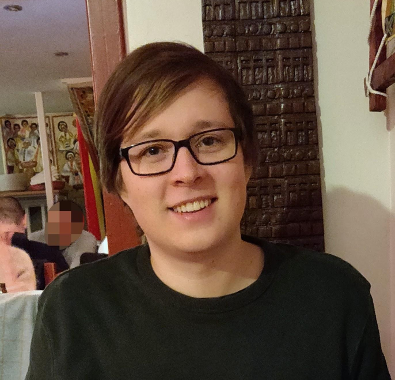 Daniel Rudbäck (
Daniel Rudbäck (
Daniel Rudbäck is a MSc student at Stockholm University supervised by Matt O'Regan. He participates as a part of his MSc thesis, which will be built on the results of the expedition. As an early career researcher who has already an extensive experience in marine geology, Daniel brings a combination of experience and ambition to the cruise – he is eager to fulfil not only his key projects but also to contribute as much as possible to the work of other researchers. As an international scientist and representative of his institution, Daniel will foster strong collaborative relations with all scientists onboard the vessel.
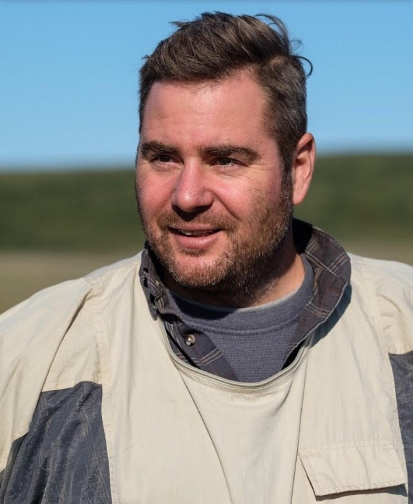 Dustin Whalen (
Dustin Whalen (
After joining the Geological Survey of Canada in 2004, Dustin Whalen has participated in over 40 field expeditions to the Western Canadian Arctic to study coastal dynamics in a changing climate. His research is focused on the impacts of coastal erosion to: Inuit people, communities, marine eco-systems, and industrial development. He has participated in several marine expeditions in the Beaufort Sea on board the CCGS Nahidik. Over that time, he has gained extensive knowledge and contributed to the study and long term monitoring of coastal erosion processes, sediment transport and oceanographic drivers of change. An important aspect of his Northern research also includes extensive consultation, project co-development and capacity building with Inuit partners in the Inuvialuit Settlement Region.
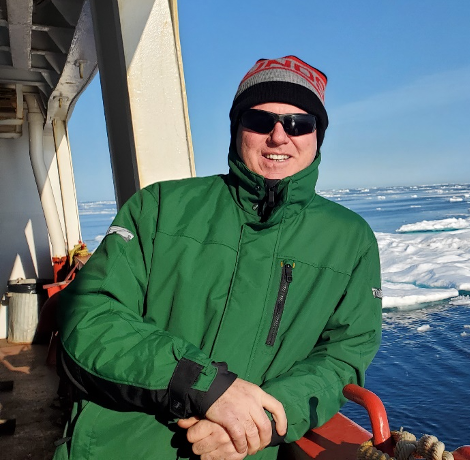 Thomas Carson (
Thomas Carson (
Thomas Carson is a Marine Geoscience Technologist with the Geological Survey of Canada (GSC). He joined the Geological Survey of Canada in 2017 after an extensive career of 22 years in the marine seismic industry with a focus on oil and gas exploration. During his seismic career he also intertwined with several gravity coring expeditions in the black sea with Fugro and in Antarctica with the Spanish Institute. Since joining the GSC Tom has worked extensively with the coring department including box coring, piston coring, IKU, and other aspects of soft sediment sampling. Tom has sailed on multiple scientific expeditions leading the piston coring operations on the Amundsen in particular over the past several years.


